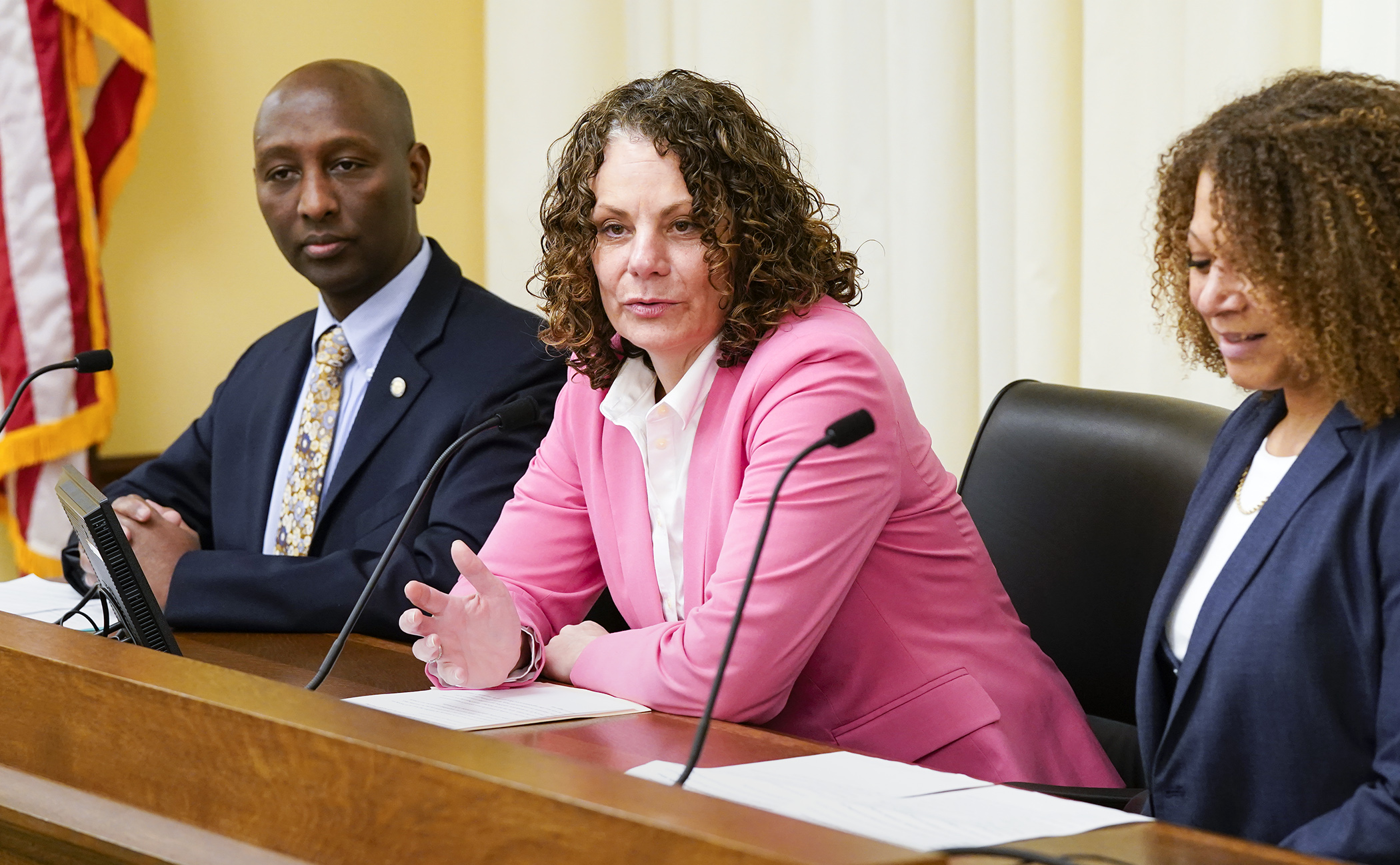Bill aims to help build community wealth by supporting shared ownership

Shared ownership can be an effective way for people in underrepresented communities to own businesses and build wealth.
But there isn’t really a statewide system to support employee-owned companies, commercial land trusts, cooperative real estate development or other forms of shared ownership, said Rep. Mohamud Noor (DFL-Mpls).
He sponsors HF3733, which would appropriate $15 million from the General Fund in fiscal year 2023 and $2 million every year after for low-interest loans and technical support for businesses under a shared ownership model.
The bill was laid over Monday by the House Workforce and Business Development Finance and Policy Committee for possible omnibus bill inclusion.
“It’s about shared values and shared prosperity,” Noor said. “Building wealth requires us to be more flexible and do the work that is necessary.”
The proposed legislation would establish a statewide program of low-interest loans between $50,000 and $2.5 million for shared ownership projects that would unlikely be financed without the program. Priority would be given to businesses in low-income areas.
Organizations receiving the loans would need to be at least 51% owned by people of color, immigrants, people with low income, women, veterans, or people with disabilities.
Many entrepreneurs lack access to financing and traditional business opportunities, said Elena Gaarder, chief executive officer of the Metropolitan Consortium of Community Developers.
If 30% of businesses in the country were employee owned, the average wealth of Black families would be $106,000 instead of $24,000, according to a study cited by the consortium.
The consortium offered committee members a case for the program pointing to the more than 52,000 businesses owned by baby boomers. About 85% of those businesses have no succession plan, and employee ownership could be a viable method to keep them operating while addressing the racial wealth gap.
Commercial land trusts keep businesses rooted locally, Gaarder said.
Mikeya Griffin, executive director of the Rondo Community Land Trust in St. Paul, said a pressing issue for businesses owned by people of color is the lack of affordable commercial space, especially in a time of rising rents and speculative real estate developments.
In 2019, the trust developed two mixed-use buildings which offer 9,300 square feet of commercial space and 34 units of affordable senior rental housing.
“All of these will remain affordable into perpetuity,” Griffin said.
Sen. Roger Chamberlain (R-Lino Lakes) sponsors the companion, SF4114, which awaits action by the Senate Jobs and Economic Growth Finance and Policy Committee.
Related Articles
Search Session Daily
Advanced Search OptionsPriority Dailies
Stable budget outlook projects $3.7 billion surplus now, no deficit in next biennium
By Lisa Kaczke The projected surplus for Fiscal Years 2026-27 is now higher than it was in the November estimate, and no deficit is projected for the next biennium.
“Minnesota’s budge...
The projected surplus for Fiscal Years 2026-27 is now higher than it was in the November estimate, and no deficit is projected for the next biennium.
“Minnesota’s budge...
Legislative leaders set 2026 committee deadlines
By Lisa Kaczke Legislative leaders on Tuesday officially set the timeline for getting bills through the committee process during the upcoming 2026 session.
Here are the three deadlines for...
Legislative leaders on Tuesday officially set the timeline for getting bills through the committee process during the upcoming 2026 session.
Here are the three deadlines for...